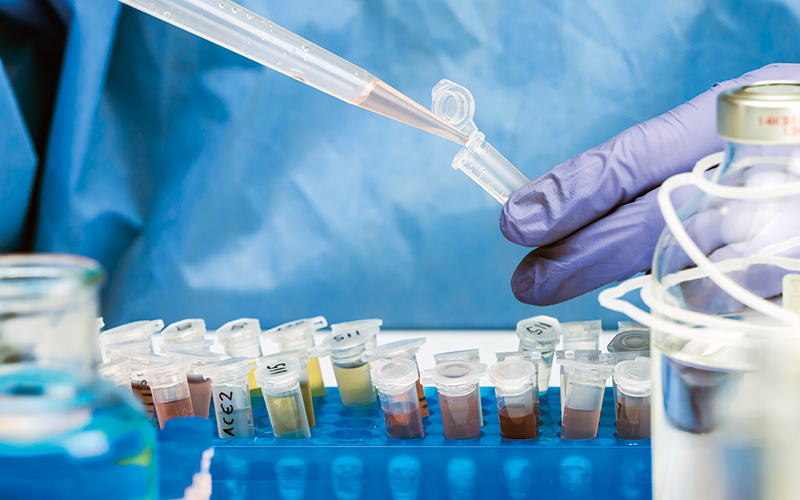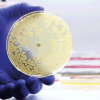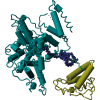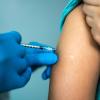A team of Japanese scientists have developed a simple, rapid, highly sensitive method for the detection of SARS-CoV-2 in wastewater.

During the pandemic, Japan has had a low number of cases per capita. The viral loads in sewage have also been low, meaning more difficulty using established wastewater-based epidemiology methods.
The new method, EPISENS-S, involves centrifuging collected wastewater samples to separate all the solids in the samples.
The solids are treated with a commercially available kit to extract all the RNA, which is then reverse transcribed and amplified to obtain a substantial number of DNA copies. A separate set of samples was subjected to treatment with polyethylene glycol followed by RNA extraction and reverse transcription to synthesise DNA: the method that is currently widely implemented in Japan. The DNA obtained from each of these methods was subjected to quantitative PCR.
The team found that the EPISENS-S method was approximately 100 times more sensitive.
Image Credit | iStock




